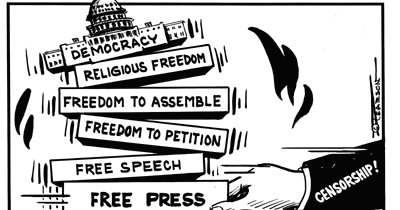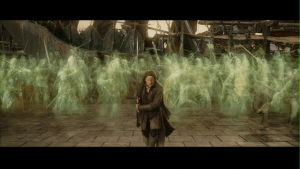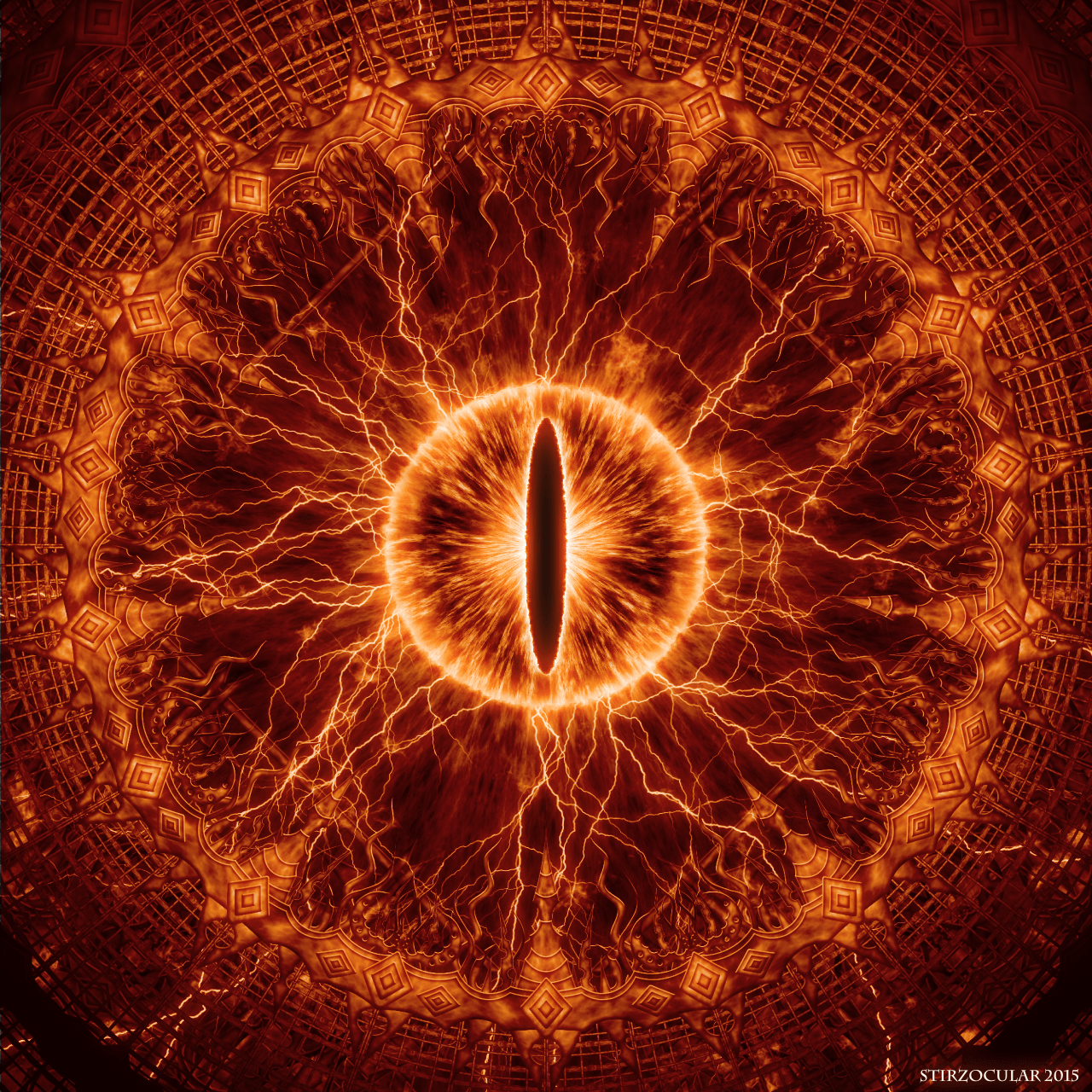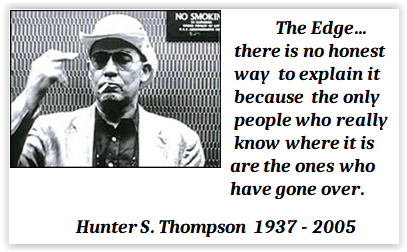Of all the freedoms guaranteed in the Bill of Rights, nothing confounds a Free people more than the Freedom of the Press. 245 years of responsible gun-ownership proves that the free press is by far a greater danger than guns to our free people remaining free. And this danger from the Press has been known in America and Britain for a very, very long time. Still, there it is in the First Amendment:
“Congress shall make no law respecting an establishment of religion, or prohibiting the free exercise thereof; or abridging the freedom of speech, or of the press; or the right of the people peaceably to assemble, and to petition the Government for a redress of grievances.”
As with the Decalogues (Ten Commandments) one can wonder if the First Amendment were not also listed by rank, for the first four commandments deal with Man’s relationship with God, for which there is only One Judge (if you know what that means.) Even Bill Clinton can’t talk himself out of a 1st Degree “worshipping another god” rap, although he may not know it yet.)
Being an English-speaking people we ordinarily use other English-speaking peoples to extend our cultural heritage back through time. That would be the British Isles and Ireland. The history of the rest of Europe is divided between those speaking the Romance languages, wearing the Roman Catholic religion until the past century, when religion began to wane in Europe, the rest speaking various Teutonic tongues, German and Scandinavian largely and largely protestant.
The only criminal case in Continental Europe that made news in America was “the Dreyfuss affair” in France, running 12 sordid years, that combined all the conspiracies we’ve seen fueled and passed around since the Steele Dossier, but handled more even-handedly by Wikipedia probably because modern-Left arch-villains and heroes appeared on both sides of this “affair”. You see, Dreyfuss had been made a straw-man patsy in a homosexual love spy-caper between a top German military diplomat and a French officer (both of whom the modern Left generally hates as types today) while the innocent fall-guy was a French officer, but a Jew, who the modern Left also hates.
An intricate scheme of lies (which took 12 years to prove) were concocted causing Dreyfuss to be tried, convicted and sent to Devil’s Island, where he remained until his family could finally, after 5 years, get Dreyfuss a retrial. As you might have noted in the recent courtoom speech by Howard Roark from Ayn Rand’s “The Fountainhead” and which was blissfully cut down from 3500 words to a mere 1450 words, and 5 and a half minutes in the film…Rand is one of the few writers who can dreary a reader to death when she gets to talking about her male alter egos, like Dreyfuss, Roark was also a victim of a cabal of New York City newspapers, led by a power-driven “collectivist” who’d caused Roark to be criminally charged on newspaper-driven public opinion alone.
Even Wiki said that Dreyfuss’ conviction were “fueled by an influential press, which was virtually free to write and disseminate any information even if offensive or defamatory. Legal risks were only limited if the target was a private person.”
Then, in1898, in rode a French intellectual and novelist, Emile Zola, who wrote “J’Accuse”, pointing his finger at both the government and the press for this frame-up. He forced them to charge him, which they did and he was convicted, then appealed. The case then came unraveled and Dreyfuss’s original case was re-opened by public demand, and he would finally be exonerated, his conviction expunged.
(The many facets of this case would be worth the read just because of the similarities with the dozens of theories that have emerged from the Russian hoax, as yet unresolved, especially by the role of the national press, our mainstream, in embedding it into the media’s consciousness as fact, 4 years later.)
With this background, let me provide some general observations on “the Press” by G K Chesteron, from England in the past century.
(1923) “I do feel very strongly about the frivolity and irresponsibility of the press. It seems impossible to exaggerate the evil that can be done by a corrupt and unscrupulous press…bad journalism does directly ruin the nation; it acts on the corporate national will and sways the common national decision. It may force a decision in a few hours that will be an incurable calamity for hundreds of years.
(Note: in 1923, by comparison, we still had strong competition in America’s urban dailies, Republican owning either the morning or evening edition, the Democrat press the others. This began to end in the 1970s, when for a variety of financial reasons, family owned papers were convinced to sell out so the two editions could become just one, with a “corporatized” front office
(Published in 1956) The whole modern world, or at any rate the whole modern Press, has a perpetual and consuming terror of plain morals.
My friends in Manchester are in a terrible state of excitement about the danger of a local brewer being admitted to public office. But at least, people generally know it. But a man may control politics through journalism and not ordinary citizen ever knows he is controlling them at all.
The Yellow Press is exaggerated, over-emotional, illiterate and anarchical and a hundred other long word; where as the only objection to it is that it lies.
(1917) The point about the Press is that it is not what it is called. It is not the “popular press”..it is not an organ of public opinion. It is a conspiracy of a very few millionaires, all sufficiently similar in type to agree on the limits of what this great nation may know about itself and its enemies.
(1908) If you never believe the Press and if you always believe private gossip, you will more probably be right,
It is the duty of te Press to expound, and occasionally to expose. Rarely, very rarely, it is its duty to suppress, although this is almost the only duty it still performs with gusto.
(1910 amended from Darwin to Marx) The things which newspapers call startling are things the real people in the world have long ago ceased to be startled at. To journalists Marx is still a novelty, while to historians he is an antiquity, and even a rather disproven and damaged antiquity.
(1922) It seems impossible to exaggerate the evil that can be done by a corrupt and unscrupulous Press. It acts on the corporate national will and sways the common national decision. It may force a decision in a few hours that will be an incurable calamity for hundreds of years. It may drive a whole civilization to defeat, to slavery, to bankruptcy, to universal famine. (ONE NOTE: America has a Second Amendment. England does not.)
(1928) the very fact that we see a remark (or fact, or statement) made a hundred times in the Press is normally a very good reason for seriously considering whether the opposite is not true.
(1922) It is convention of journalism at the this moment to support what it feminist against what is feminine.
(1908) All that everybody really meant as the evil of gossip is much more characteristic of established journalism (versus back-fence whispers). The fact that gossip comes from nowhere in particular, and from everywhere at once; that no name can be put on it as to name a source, that you cannot run it to earth, but when you attempt to contradict it strange obstacles of entanglement and denial seem to cross your path. All this which is so true of private scandal is very much truer of public journalism.
The frivolous chatter is now all in public journalism. The public responsibility is all in private conversation.
(1925) Journalism’s syndications and distributions are all founded on the feeblest of fallacies. It is the notion that you can make a stale thing fresh simply by repeating it.
(1921) It seems possible that popular journalism (ed: Twitter-borne: HuffPo, Atlantic, Newsweek, Slate, et al) may become unpopular merely by pursuing popularity. A baby has a fine intellectual disdain for people who talk baby talk. A schoolboy feels a grave and dignified disapproval of those speaking in what they suppose is schoolboy slang.
And I fancy the ordinary citizen will soon get tired of being talked down to with the same supercilious superficiality.
(1953) Journalists do control public opinion; but it is not controlled by the arguments they publish—-it is controlled by the arguments between the editor and sub-editor, which they do not publish.
“Blessed are they who have not seen and yet have believed” (John 20:29)
–a passage which some have considered a prophecy of modern journalism.
Food for thought








 It is said that wisdom is “the quality of having experience, knowledge, and good judgment. “ I am of the opinion that there are far more people in the world that consider themselves "lovers of wisdom" (philosophers) than there are those that actually possess it.
At her founding, the American Nation had already amassed 150 years of " national" wisdom; our first-of-its-kind Nation, built from the bottom up (as opposed to the top-down construction of every previous nation in humankind's history), and the Framers understood that the single-most-important ingredient necessary for her long-term survival was the freedom, liberty, and right to self-determination of the Sovereign Individual of which she would necessarily be comprised.
Join us, or follow along as we take a closer look at these notions.
It is said that wisdom is “the quality of having experience, knowledge, and good judgment. “ I am of the opinion that there are far more people in the world that consider themselves "lovers of wisdom" (philosophers) than there are those that actually possess it.
At her founding, the American Nation had already amassed 150 years of " national" wisdom; our first-of-its-kind Nation, built from the bottom up (as opposed to the top-down construction of every previous nation in humankind's history), and the Framers understood that the single-most-important ingredient necessary for her long-term survival was the freedom, liberty, and right to self-determination of the Sovereign Individual of which she would necessarily be comprised.
Join us, or follow along as we take a closer look at these notions.
 Vassar Bushmills
Vassar Bushmills
Add comment